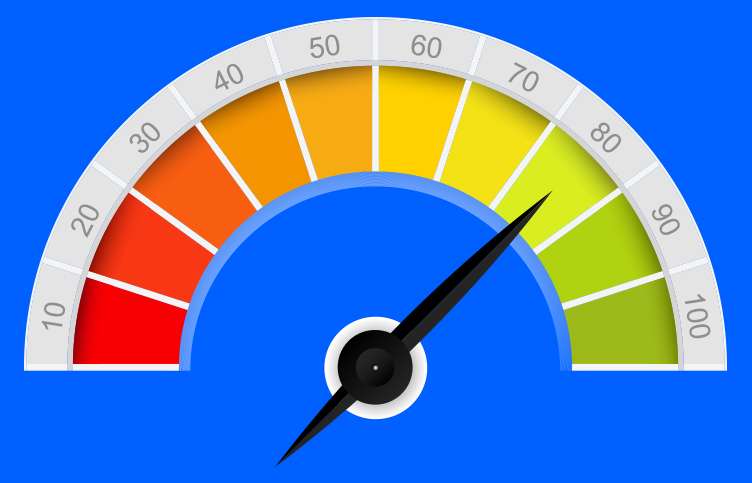Credit card costs reach record highs
An EU charges cap has triggered an interest rate spike
THE average interest rate on a credit card hit a record high of 21.5% last week, just as the Bank of England voted for the 81st time on Thursday to keep its rate frozen at 0.5%.
The figure comes as Money reveals today that HSBC is the latest bank to announce a significant increase to one of its cards. The rate, known as the annual percentage rate (APR), on its Premier credit card will rise from 11.9% to 16.9% in February. One loyal customer told Money he felt “disbelief and amazement” when he received the letter earlier this month.
Rachel Springall, of Moneyfacts, said: “Bank rate doesn’t have to rise for card companies to increase their interest rates or add fees. Many providers offer lucrative interest-free deals, so to sustain these offers they need to charge interest and fees on other parts of their range.”
Virgin Money offers one of the best 0% balance-transfer deals, with interest-free credit for 40 months. Put the bills from Christmas 2015 on another credit card, transfer it to Virgin Money’s card and you will not have to pay it off until 2019.
The rise in APRs is also down to European Union rules introduced on Wednesday to cap the fees lenders can charge retailers every time a customer goes shopping. The limit for credit cards is now 0.3% of the value of the transaction. The average used to be 0.85%.
James Daley, of the campaign group Fairer Finance, said: “These changes mean card providers are making less money. While 0% interest deals are better than ever, the stakes are also higher. If you miss a payment or don’t pay off the balance by the end of the deal, you will pay much more in interest.”
HSBC angers customers
Richard Caie, 70, from Bexhill in East Sussex, has banked with HSBC for 35 years. The retired businessman said it was “incredible” that the APR on his Premier credit card was rising by five percentage points “at a time when there has been no increase in bank rate for over six years”.
He said: “To add insult to injury, HSBC also advised me it will halve the redemption value of Premier credit card reward points from January 21. You can probably imagine my disbelief and amazement.”
The Premier credit card offers interest-free purchases for the first nine months, after which the rate currently reverts to 11.9%. It will rise to 16.9% the day after customers receive their statements in February.
To qualify for a Premier card customers must have investments or savings worth £50,000 with HSBC, or a minimum annual income of £100,000 plus another product such as a mortgage with the bank.
HSBC told Money: “We have taken the difficult decision to change our Premier credit card, due to changes in legislation. We will continue to offer rewards for our customers.”
What is happening to credit card rewards?
Hannah Maundrell of the comparison website money.co.uk said: “Providers claim that the EU cap on fees is the reason for scrapping reward schemes and putting up rates.”
HSBC Premier customers currently receive two points for every £10 spent, but this will fall to just one point next month. The points can be spent on shopping vouchers, air miles, wine and charity donations.
On December 1, Tesco halved the number of Clubcard points it pays to customers using a Tesco credit card to make non-Tesco purchases; now only one point is given for every £8 spent.
Capital One stopped paying cashback on some of its cards this year, while Santander is increasing the cost of its 123 credit card from £24 to £36 a year from January 11, as well as making its cashback scheme less generous.
What can customers do?
Whether you are paying interest or not, it always pays to scout out the best deal. Maundrell said: “An APR rise should be a wake-up call for anyone who can move.”
A “0% balance transfer” means the debt you move from another card will be interest-free, but any purchases on the new card usually incur interest — unless you pay it off in full each month.
Spenders tempted to take out a 0% deal spanning several years should beware the enormous debt they may face at the end.
Pay off as much as you can each month and make a note in your diary when the deal finishes. By the time it does there may be far less generous transfer deals to switch to, and APRs may have rocketed as well.





